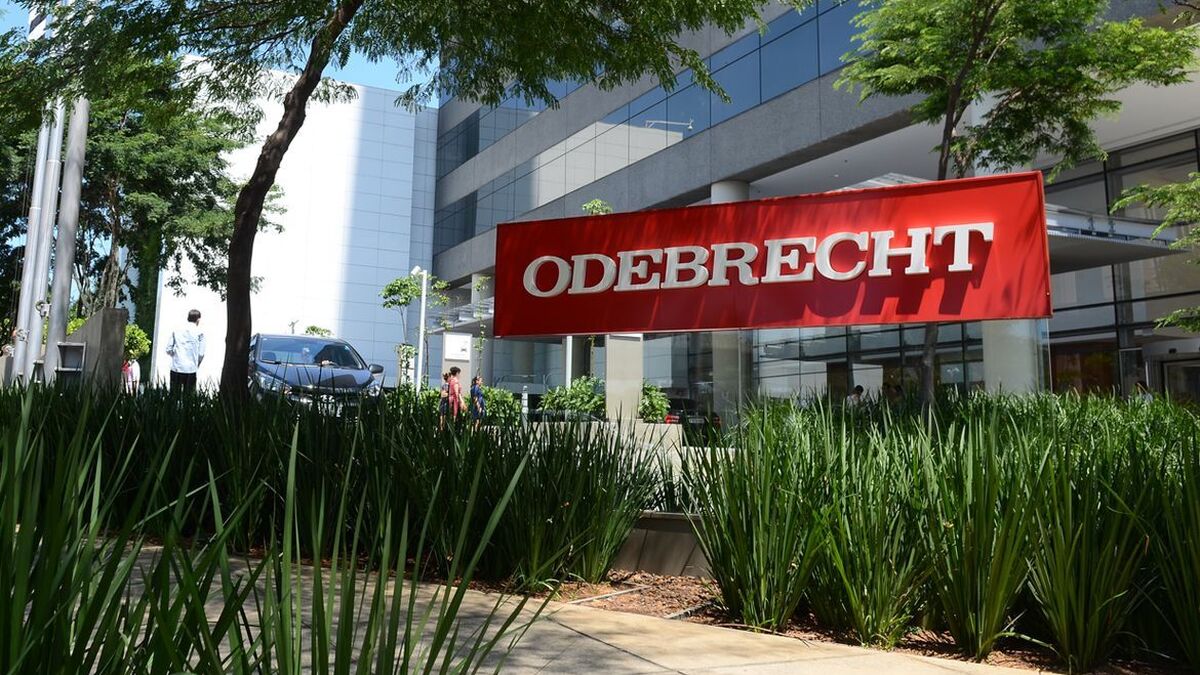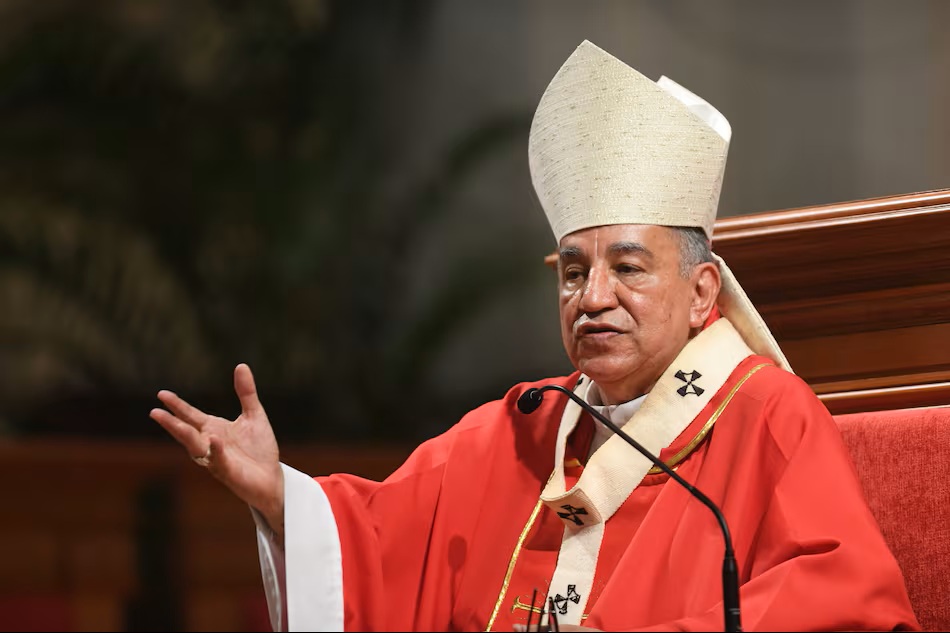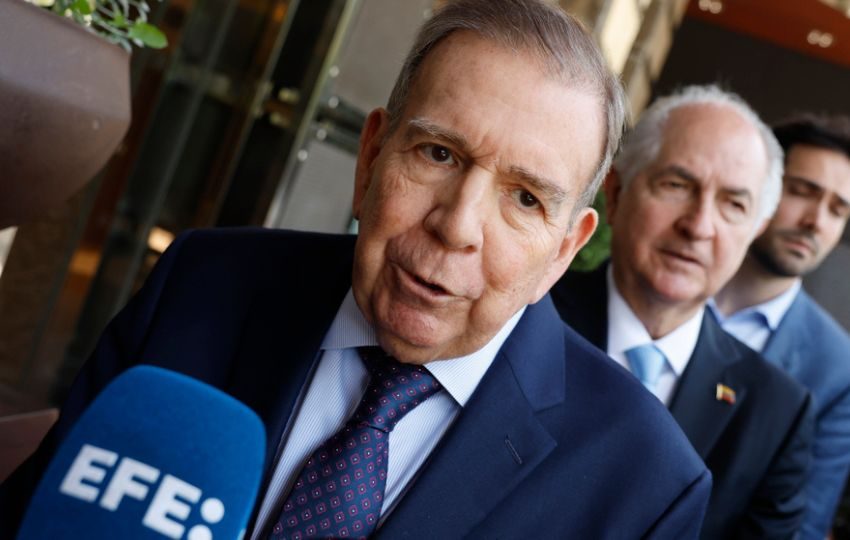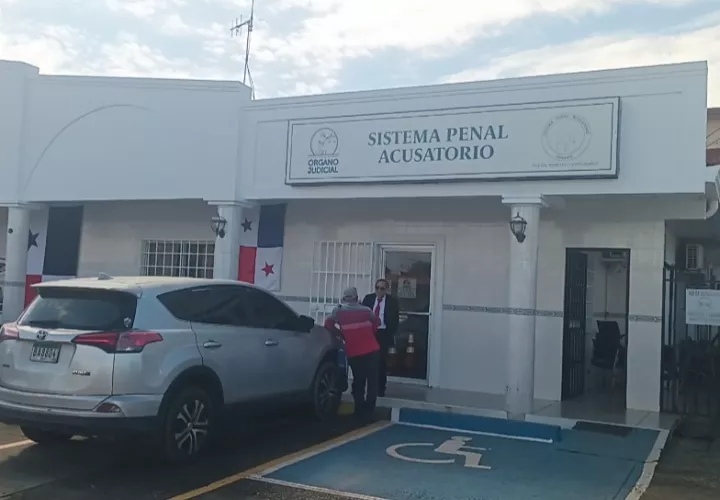Strong reactions to ‘inexplicable’ ruling in multi-million bribery case

Former presidential candidate Ricardo Lombana said he is not surprised by the decision of the Second Court of Appeals to not grant an extension to investigate the Odebrecht bribery case, as in this case with links to so many high profile figures the Judicial Branch has always tried to avoid investigations.
That fact, warns Lombana, affects the image of the country, by the message of impunity that is sent.
The lawyer also accused the Public Prosecutor’s Office of having been selective in a case that reaches the administrations of former presidents Martín Torrijos , Ricardo Martinelli and Juan Carlos Varela, and described as offensive the degree of “complicity” that justice mechanisms have.
He argued that the ideal would have been the creation of a special prosecutor’s office, with powers to carry out high-profile investigations, without selective criteria. And, in the case of no national measure, resort to an international committee, as did Guatemala.
The architect Ricardo Bermúdez alleged that time constraints for such important corruption investigations in Panama produce these situations, but what is incomprehensible is that the Public Prosecutor’s Office has not opened processes to the number of those involved whose names and nicknames are known by the Attorney General Kenia Porcell and her prosecutors, from the cooperation agreements, here and in Brazil.
Carlos Lee, of the Citizen Alliance for Justice, described the decision of the Court of Justice as “inexplicable.”
For Lee it is clear that Odebrecht’s is a typical case of what the criminal system calls “complex,” that is, those that are typified by the number of people involved in the investigation, by the circumstances used to try to erase the trajectory of the money that appears as a bribe payment, for the countries involved in the investigation and, above all, for the specialty of the criminal action investigated, since there was a legalized structure through corporations that were used to cover up the bribes paid to the officials.
Lee said that in the face of cases like these, the legislation allows the Public Prosecutor to request an extraordinary period to collect all the evidence that can guarantee a punishment to the investigated.
For all these reasons, he considered that it is inexplicable, legally, that the court has not acceded to the request of the Public Ministry to extend the term of the investigation so that the prosecution could collect all the evidence and achieve an exemplary punishment to those responsible. With the court ruling, the only thing favored is “impunity,” he said.
On Friday, August 2 the Second Court announced that it rejected an appeal by the special anti-corruption prosecutor Zuleyka Moore to be granted a second extension to complete new lines of investigation arising in the Odebrecht case. The information was disclosed through the Judicial Branch’s Twitter account, without giving further details.
Annette Planells, of the Independent Movement (Movin) , stated that it is shameful to see that while other Latin American countries are advancing in the investigation and prosecution of the corruption case in the region, the Judicial Branch of Panama decides to truncate the investigation.
“Then we complain when they include Panama in international lists for lack of effectiveness in the international fight against corruption and money laundering Planells said.”
The president of the National Bar Association, Juan Carlos Araúz, considered that it is a problem of structure of the criminal process under the rules of the mixed inquisitive system.
“Justice faces the limits of the law, cases like Odebrecht have always demonstrated the need for legislative assistance in many aspects, the system cannot produce decisions [that] although necessary are outside the realms of what was conceptualized in the processes” he claimed.
He said that the debate lies in the legitimacy of the process and the sanction; and added that there is no doubt that the lack of political will, to provide tools to the process, creates a problem in the area of justice.
BACKGROUND
The investigation of the Odebrecht case began in 2015. In April 2018, the Second Court granted a one-year extension to the prosecution to conclude the investigations, but that term was not sufficient, so a second extension was requested, which was rejected.
This phase would include the administration of President Martín Torrijos (2004-2009), a period in which Odebrecht received its first contract, of $63 million for the construction of the Remigio Rojas irrigation project in Chiriquí, for.
During the Torrijos government, Odebrecht won three other contracts, which totaled more than $500 million, and the construction of the Cinta Costera 1, for $189 million.
The period of President Juan Carlos Varela (2014-2019) is also pending investigation, during which Odebrecht received the contracts of Line 2 of the Metro – for $2, 62 billion-, the Urban Renewal of Colon – $569 million–, and the rehabilitation of public spaces in Panama City – $100 million ( awarded by the Panama Mayor’s Office .





